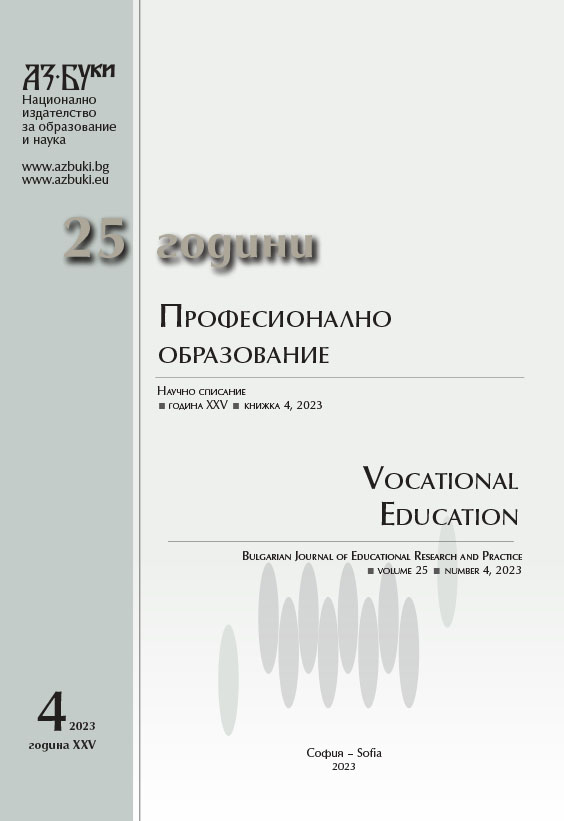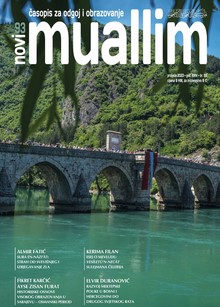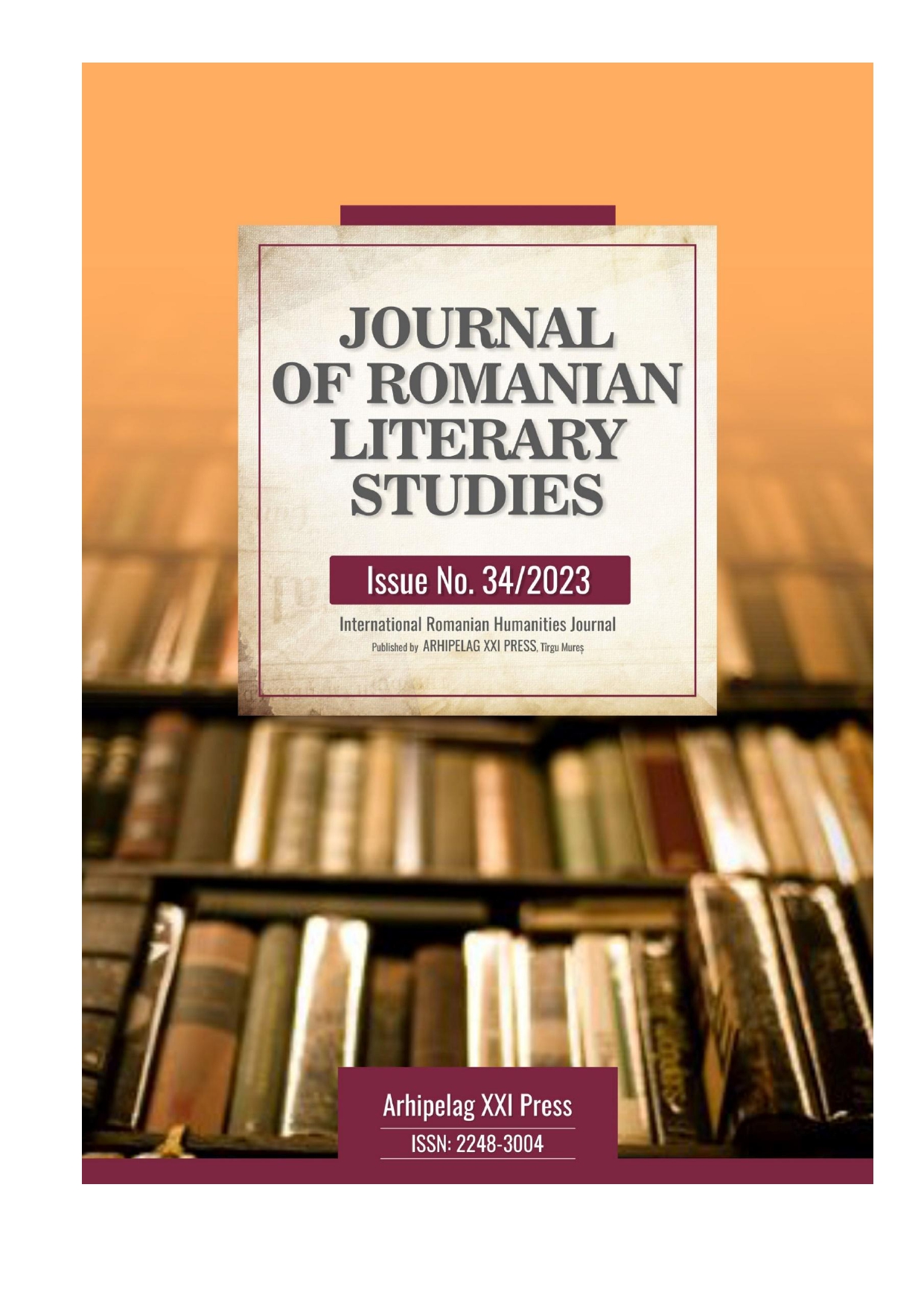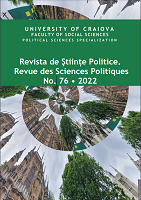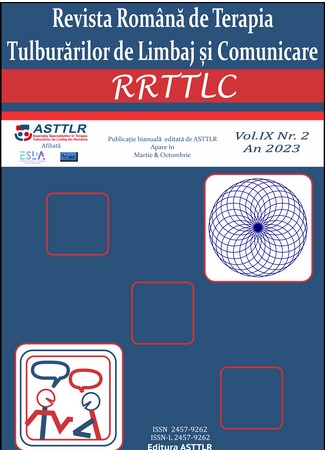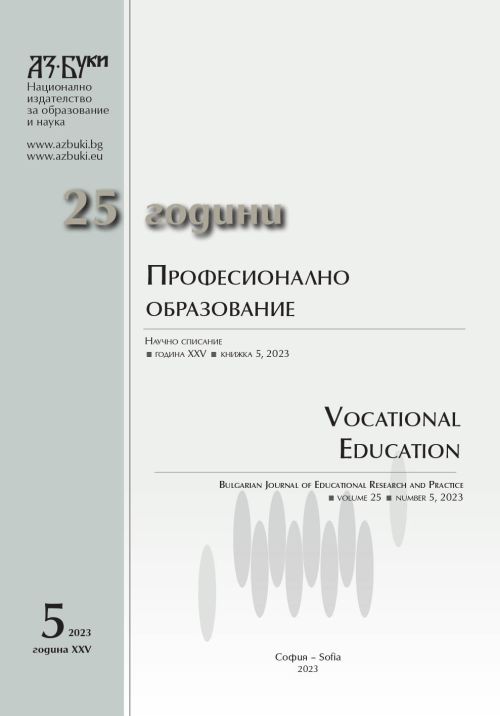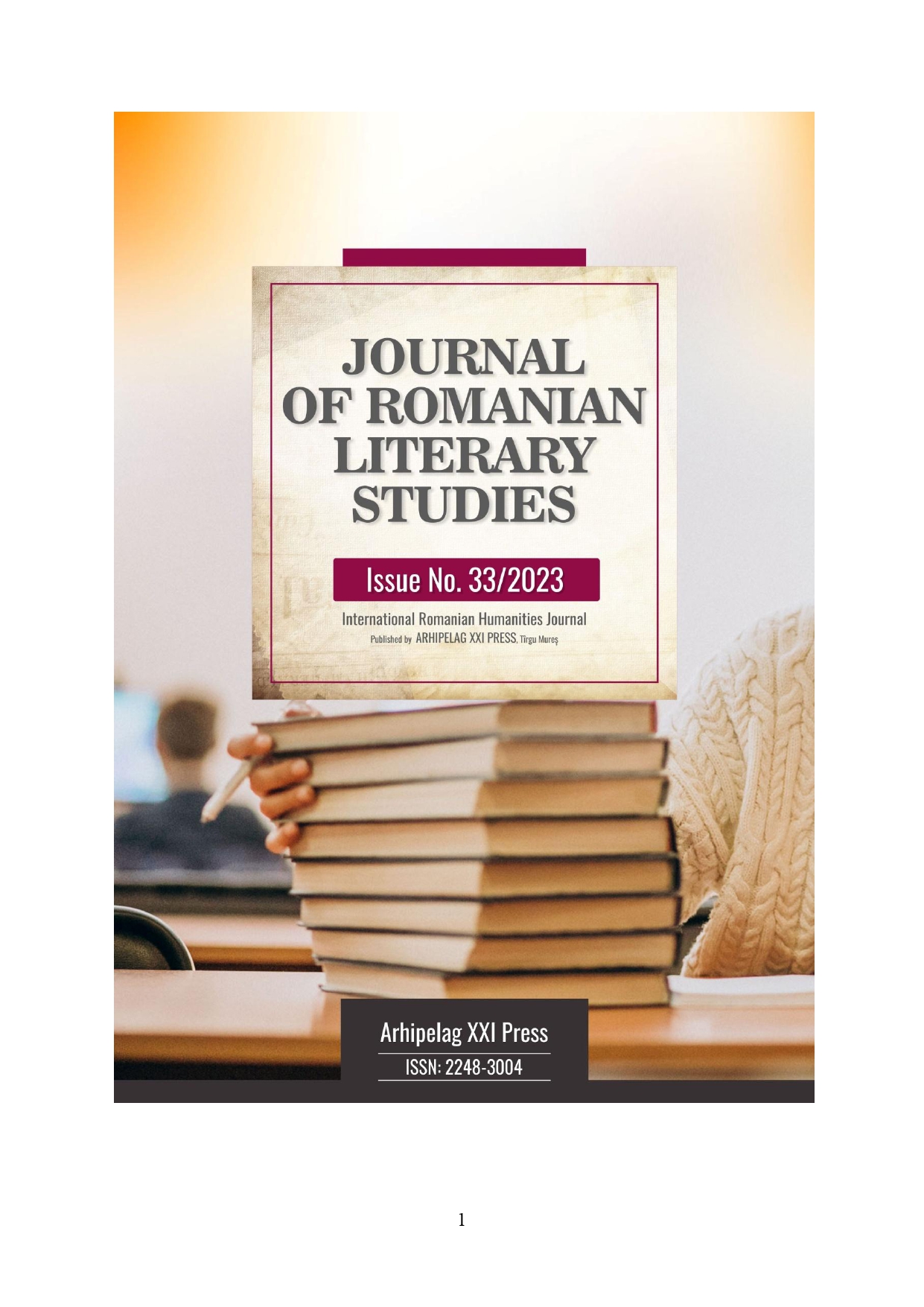
QUALITY ASSURANCE IN EUROPEAN PROJECT SEMESTER AT UNIVERSITY POLITEHNICA OF BUCHAREST
The aim of the current study is to disseminate best practices likely to ensure the quality of the didactic process within the European Project Semester (EPS) conducted at University Politehnica of Bucharest. Students’ feedback plays a crucial role in identifying the strengths and weaknesses of this instructional program addressed to engineering students of various cultural, linguistic and professional backgrounds, Feedback questionnaires were administered to 18 Romanian and foreign students studying an EPS between 2022-2023 and the research outcomes have illustrated their satisfaction with this professional and cultural experience, the syllabus and the projects proposed as well as with their teachers and tutors. Hence, students’ opinions will help develop a set of future educational actions likely to promote, manage and permanently improve the quality of this higher educational program and its impact on the training of engineering students.
More...
